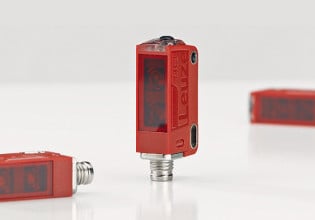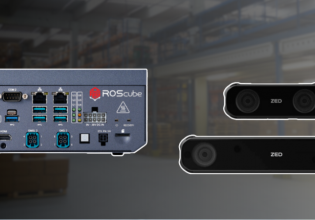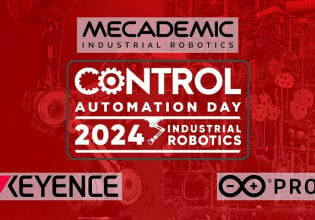S
Just a general question about PLCs. As an engineering student I had experienced programming microcontrollers. I would assume that it is quite similar with PLCs, except that it is usually done in ladder logic.
As in any programming, practice will often lead to a more understanding of the certain microcontroller, as to how it will facilitate in solving our problem. In the market, there are so many PLC products available. However, how would everyone actually be able to learn so many types of PLCs? Would anyone out there, as an experienced person, think that knowing a lot of PLCs is important? If any PLCs are programmed the same way, why would there be so many problems waiting for answers?
Thank you.
As in any programming, practice will often lead to a more understanding of the certain microcontroller, as to how it will facilitate in solving our problem. In the market, there are so many PLC products available. However, how would everyone actually be able to learn so many types of PLCs? Would anyone out there, as an experienced person, think that knowing a lot of PLCs is important? If any PLCs are programmed the same way, why would there be so many problems waiting for answers?
Thank you.






